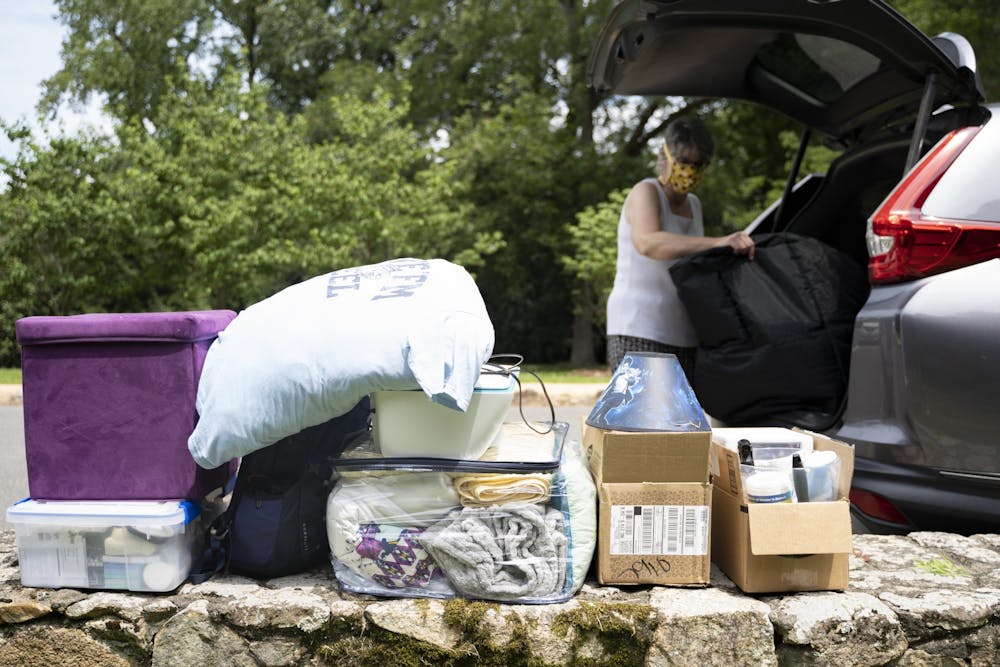Three days ago, UNC began classes in the depths of a pandemic. Since then, three students have already been kicked out of on-campus housing for violating UNC’s Community Standards. Off-campus, some residences and Greek organizations have already been put on notice by Chapel Hill Police for violating community and state guidelines.
Amid a flurry of meaningless emails and video messages, the University’s direct action stands out. We recognize that the administration is not ignoring the harmful impact students can have on our community — but we need more.
Earlier this summer, students who would be returning to campus had to sign an agreement stating that they would follow the University's Community Standards. Violating any of these would be cause for disenrollment or being removed from campus.
“The only way we can resume on-campus teaching and learning is if everyone does their part,” Chancellor Kevin Guskiewicz wrote in a message to Greek organizations on Aug. 7.
Still, the lack of transparency surrounding the students’ removal is concerning.
The campus community did not learn of the students’ removal from an email. Rather, Guskiewicz chose to mention it off-handedly in an article published by the Washington Post on Tuesday.
However, the University will not release any further information regarding the students who were sent away, citing privacy laws. But how is the administration tracking students who are violating these guidelines? What is the process of removing a student from campus for violations? Students need answers to these questions to make informed decisions and fully understand what is at stake.
The University has explicitly stated what qualifies as adhering to the guidelines, but the process for removal is not clear. This creates an uneasiness that students must navigate amid an already turbulent semester. In order to prevent these standards from being unfairly enforced, the administration must release more information on how and when students can be removed from on-campus residences or disenrolled from the University.
The Editorial Board has similar questions about who will be caught and removed from campus emerge. Will these enforcement measures disproportionately affect certain groups on campus? In other parts of the country, social distancing violations are disproportionately affecting Black and Hispanic residents. Transparency can allow the students, faculty and staff to hold the administration and police responsible to ensure fair application of the guidelines.




